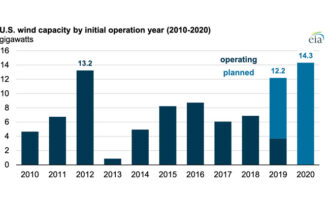
Neste to source renewable raw materials from China
Finland’s Neste Corporation has opened an office in Shanghai and has started renewable raw material sourcing operations in China.
“Neste is the third most sustainable company in the world and the largest producer of renewable diesel. We are happy to open a new office in China, and start purchasing waste and residue raw materials for the production of our renewable diesel, jet fuel as well as other renewable solutions globally,” says Jennifer Jiang, general manager of Neste Shanghai office.
Neste will purchase renewable waste and residue raw materials from local collectors in the East coast of China, especially in the regions around Shanghai, but later on also in other big cities.
“Different waste and residues account for approximately 80% of our renewable raw materials. With our own proprietary NEXBTL technology, renewable products can be refined flexibly from a wide variety of low-quality raw materials while the end-products retain their high quality. These products and solutions help our customers to reduce their greenhouse gas emissions,” she says.
Neste has renewable diesel production facilities in Singapore, the Netherlands and Finland. The company’s renewable products production capacity is today close to three million tons of renewable diesel and other renewable fuels. The ongoing Singapore capacity expansion will bring the total renewable production capacity of Neste to 4.5 million tons annually in 2022. As a result of this investment, Neste will have more flexibility between different product solutions in Singapore and be able to produce renewable diesel, renewable aviation fuel and raw material for various polymers and chemicals markets. It also enables the use of increasingly low-quality waste and residue raw materials also for the existing refinery.
Neste’s Shanghai office is registered as a fully-owned subsidiary of Neste, which is located at Jing’an Kerry Centre in Shanghai.
echo '








